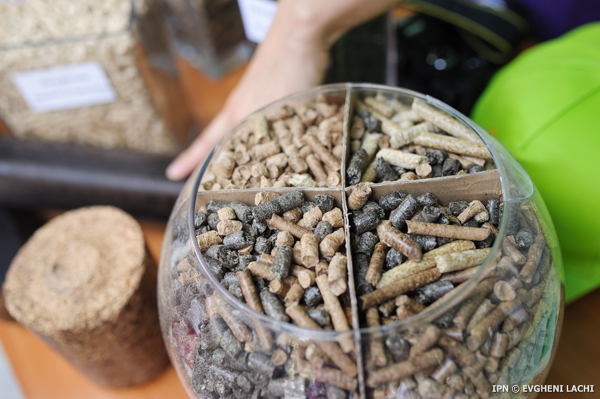
The renewable energy sector in the Republic of Moldova sees slow dynamics, shows a study presented by the independent think tank “Expert-Grup”, quoted by IPN. Biofuels represent over 98% of the renewable energy. The private sector is involved in the production of electricity based on the use of aeolian and solar energy and biogas, but these account for only about 0.5% of the renewable sources of energy, according to the information for 2015.
Among the causes that determine the low presence of businessmen in the renewable energy sector are the excessive investment costs and bureaucratic procedures. Though there are different schemes of support to promote renewable energy at internationals level, the mechanisms used for the purpose in the Republic of Moldova are based either on indirect financing from public money (budget allocations to the Energy Efficiency Fund) or on the financial support of foreign donors. Other forms of financial stimulation for producing renewable energy such as tax concessions, lending or direct budget financing are not applied.
The study authors said that even if there is a law on the energy sector adopted by Parliament, this does not cover the whole renewable energy sector and institutes support mechanism only for producing electricity and biofuels.
“Expert-Grup” recommends eliminating the legislative shortcomings that refer to financial assistance for developing the renewable energy industry, proportionally distributing the budget resources allocated to the Energy Efficiency Fund so that a part of the public money received from the Fund is used to develop renewable energy.
To avoid the risk of concentration of electricity producers, the biding production capacities should be divided into smaller lots so as to enable investors’ access to bidding contests, including for smaller firms. Clear limits should be set as regards the admissible level of concentration on the renewable energy market. Before announcing bidding contests, investigations should be carried out to determine possible anti-competition schemes, said the study authors.


